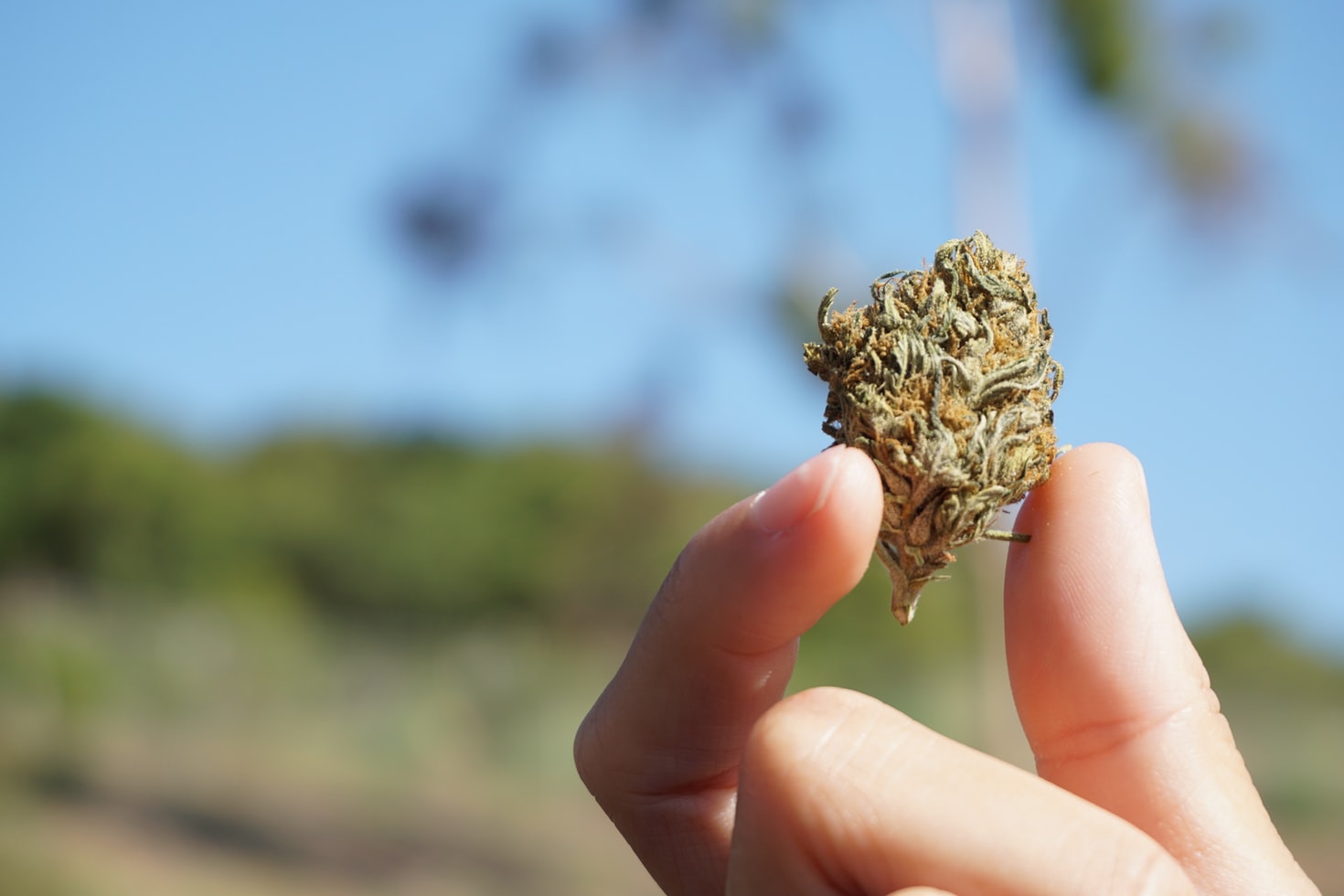Contextualization of the social and health effects of cannabis use in Spain
Authors:
José Carlos Bouso, and Òscar Parés-Franquero.
Book:
Cannabis: un modelo de regulación
Year:
2017
About the study
This study constitutes the third chapter of the book Cannabis: Un modelo de regulación, edited by Grupo de Estudio de Políticas sobre el Cannabis (GEPCA), a multidimensional, institutionally independent study group, made up of people with very different profiles and with very different sensibilities, which puts forward a proposal for a regulatory model in Spain.
The legal status of cannabis and the entire state response to ensure this status have generated an imaginary in which solutions are often polarized. This chapter discusses, based on scientific evidence and the analysis of epidemiological data, the social and health effects caused by prohibitionist policies on cannabis in order to differentiate them from the direct harm caused by cannabis.
The topics addressed in the study are the following: juvenile psychosis and other mental disorders, cannabis abuse, treatment for cannabis use, escalation theory, school failure, fines, arrests and offenses, and acute intoxications and hospital emergencies.
Excerpt
“So we are faced with the paradox of having a substance internationally controlled for its “particularly harmful” effects on “the physical and moral health of mankind”, but which have never been endorsed by any report from any official body recognized by the United Nations. It could be concluded, then, that the prohibition of cannabis, from a technical point of view, is based on pillars that are invisible because they do not exist. At least as far as its effects on physical health are concerned. As for its effects on the moral health of mankind, this is a subject that we are not qualified to assess.
This is not to say that there is not an, one could say, almost uncountable scientific literature that has addressed the effects of cannabis on multiple aspects of human health: its psychiatric risks, its neurocognitive risks, the pulmonary risks of its smoked consumption, the risks on different physiological systems, etc. These studies exist. It is just that they have never been comprehensively organized in the form of an official technical report by the bodies designated to influence political decisions at the international level. And, as we have seen above, when this has happened and their conclusions have gone in a direction contrary to the dogmas of the Conventions, they have been directly censored.”
Photo by Elsa Olofsson on Unsplash.
Categories:
Studies & papers
, Cannabis
Tags:
cannabis
, scientific research
, study
, adverse effects
, health
, Spain
, cannabis policy
, book chapter

